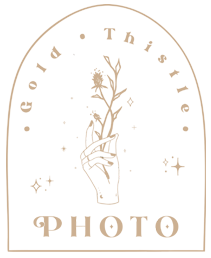|
No matter what kind of job you have, whether it's talking to your boss about it, your employees, your coworkers, or when you're commissioning someone (or you're the one being commissioned) — payment always ends up being the topic that makes people feel a little weird. So today, let's get weird. First of all, hi. I should really start off these blogs by introducing myself, so for a little context, my name is Morgan and I'm a creative & lifestyle portrait photographer based in New Haven, Connecticut. I started this blog hoping to provide a resource for both clients and beginner photographers alike, because I've noticed a lot of holes in the communication between the consumer and the vendor, primarily due to lack of available education. I don't mean education like correct exposure or how to Photoshop acne — education about the "why" stuff. Why should a photographer charge clients upfront? Why didn't my photos turn out the way I had hoped? Why does that person charge so much? Questions like this just don't "google" very well. And so, I'd like to fill some of those gaps! Think of some of the things you've always wondered when it came to photography pricing, but always felt too uncomfortable to ask. Remember, I've had these questions too — I haven't always been a photographer! Years ago, I know I totally wondered why photography was priced the way it was. Why does it seem so high? Why are some photographers so much cheaper, while some are so much more expensive? Are these people filthy rich?! Let's talk about it. What Goes Into Photography Pricing?Let's get right into it. What goes into the pricing structure behind photography? Are photographers really making several hundred dollars an hour to click a button a few times? To quickly nip this [very] common myth in the bud — abso-freaking-lutely not! While we realize that the only time you're seeing us in the flesh is usually during our actual session appointment, there's much more that goes on behind the scenes of photography, both in time and business expenses. Let's talk about the time factor first. When it comes to time and effort, we need to rewind allllllll the way back to our first point of contact. Now I get it — a knee-jerk reaction might be to think, "What, just a few emails/calls with me costs you money??" Well... of course it does! If someone works an office job, much of their work is often communication with their employer's clientele. That could be as a secretary taking calls/memos, a receptionist scheduling appointments, a marketing agent sending out campaigns or a salesman sending out proposals. But would any of those employees be willing to deal with this if they weren't on the clock? Would you? Nope! Our leisure time is valuable to us and, once we clock out for the day, we won't revisit any of our work duties until we're back in the office the next morning. But for a photographer, we are our own secretary, receptionist, and marketer — And we use our spare time to do it. So while it may seem like a small email thread back and forth with us is no big deal, remember: we're also keeping up with many other customers too, and doing it multiple times a day! Every email we write and call that we take adds up, and that's hours that could be spent on laundry, cooking, errands, hobbies, and time with our families. Just like you! Additionally, not all of our communication even leads to closed clients. We get ghosted — a lot ! But, that's just part of the risk that we need to take in order to stay in business, and in turn, we need to compensate ourselves for that time in a way that allows us to stay afloat. Once we do close a lead, then comes the time spent on contracts, invoicing, location & wardrobe guidance — hey, wait a minute. All this and I still haven't even met my client yet?? Yep, you can clearly see where I'm going with this! Eventually I'll hop in my car and drive (sometimes an hour both ways!) to the session itself, but you can totally see how much it took for us to even get to this point. The Editing Process.So this is another point of confusion I see often as well. While it may take two seconds to plop an instagram filter on a photo, this couldn't be further from the reality of editing a whole photography session. Before we can even begin, we first have to cull your photos. And let me tell you — you've never done something so time-consuming and utterly monotonous in your life. Sifting through photos that almost look identical and trying to decide which ones to keep can make you want to peel your eyelids off. Now you may be thinking, okay, then why don't you just edit all of them to deliver? Well first, because that would make the cost astronomical! But second, because many of these shots are completely unneeded or just plain bad. When we cull, we're getting rid of all the blinks, the blurs, the overexposing, and just general duplicates. Think about it this way: have you ever tried to photograph your pet or child with your phone? You usually have to take about twenty, and you might come out with 1-2 good ones, while the rest are useless — That's culling. But instead of twenty shots, it's more like hundreds or even a thousand. Once that's completed, we can finally begin the editing. But the more advanced the results, the longer the editing might take. If I had to take a guess, a full 60-minute family gallery with color and black&whites probably takes me at least 3-5 hours to both cull and fully edit, and sometimes more if I'm really enjoying it (or alternatively, really having trouble with it). So when we look at just working time alone, that could be a minimum of 8 hours spent attending to each client, from the first point of contact to the delivery of the final gallery. Thinking back on the typical photography price points — those might not seem so far-fetched anymore! Business Expenses in PhotographyOh, but wait — we're just getting started! On top of all the hours your photographer will spend between communicating with you and finalizing your gallery, we haven't even touched on all of the *shudder* ...business expenses. When initially starting up a photography business, investing in quality gear will prove to be a main factor in producing attractive results in their photos, and in turn affect their overall demand as a photographer. Pricing will obviously depend on what state of wear the gear is in and how updated the model is, but generally speaking a new, professional-grade camera with a warranty will cost between $1,500-$5,000 — and that's just the camera body! Quality lenses are an additional $200-$2000 a pop, and most professionals will regularly use at least 2 lenses at all times. Many pros often opt to use two different camera bodies as well! Beyond this, photographers will also likely be spending a pretty penny on other equipment like lens filters, tripods, flashes, diffusers, props, and well — you get the gist. And last, but definitely not least, let's talk about all of the more invisible but very regular expenses photographers accumulate on a monthly basis. This could be physical components like memory cards and external storage drives (to keep everyone's photos backed up for all eternity!), but many of these are also subscription-based services that we utilize to operate our business. Off the top of my head, a few of the monthly payments I regularly make are to my website hosting, client gallery hosting, contract/invoice platform, Photoshop, online advertisements, and even the transaction fees that are taken out of all of my bookings. And let's not forget our dear Uncle Sam, who gets 6.35% of every session I receive. And then there's gas. Lots and lots of gas. And so, while all photographers are going to have variations in their approaches and techniques, from a broad standpoint I think we can all see why this trade may not be as lucrative as its pricing might make it appear. And the more professional and appealing a photographer's work is, the more this photographer has likely needed to invest in their business, and in turn, the more they will need to adjust their prices to account for the investment. But Wait, There's More? Now that we've learned about these expenses, this may start to raise even more questions for you. If photographers spend all of this money in order to run their business, then why is there still such a big disparity in pricing between different photographers? Are some of them charging fair prices and others charging overhead? Trust me, these are questions I once had too, even as recently as the last two years. So in my next blog, Part II, we'll be heading over to the ethics part of photography pricing to demystify why these variations can happen in this economy — Are there logical reasons behind it, or does it mean you're being (gasp!) — swindled ?! Let me know below if you learned anything you didn't know before, and I'll see you next week! Morgan Ofsharick is a portrait photographer in New Haven, Connecticut, specializing in engagement, wedding, maternity, newborn, and family portrait photography. Servicing New Haven, Fairfield, Hartford, Middlesex, Litchfield, and other regions around New England!
– Gold Thistle Photo
0 Comments
It's October, it's a Tuesday, I have about a million things I ought to be doing because it's peak season — but here I am writing a blog anyway. Months ago, I decided to dismantle all of my old blogs and start fresh. The thing is, each year that passes I grow and gain more insight into this business. I don't always agree with all of my former opinions or rhetoric; at the same time, I've also developed strong opinions about new things as well. All of this is to say that at the end of the day, my main goal is for my sessions to go well, for my clients to be happy, and to give the best advice and guidance I can to ensure both of these things. So today, we're going to talk about locations, version 2.0. When I first wrote a blog on this topic years ago, I had been doing quite a few backyard shoots at that time on a regular basis. Initially I had written that a great photographer shouldn't need a fancy location, and should be able to get great photos of you wherever you are. While I still totally agree with this concept, I've actually stopped offering to complete sessions remotely at my clients' homes around Connecticut (except for lifestyle newborns). So, why is this no longer my thing — And what do I recommend instead? Quality Over ConvenienceIt's not that I don't still feel that a great photographer should be able to utilize any location and get beautiful shots, but I've realized a few things. First, I started to notice a bit of a pattern with these backyard shoots. To be frank, they consistently just didn't work out well! I began to notice that most of the clients from early in my career who were asking me for these at-home sessions, were generally looking for convenience above all else. While I want my clients to be comfortable for my shoots, the unfortunate consequence of shooting at homes regularly resulted in — too much comfort. I often found myself arriving on time, only to be met with clients who were wandering around, half-dressed and with no sense of urgency to begin our session any time soon, despite myself being on the clock and our sunlight disappearing by the minute. With the style of narrative photography that I aimed to market, I found that I needed my clients to be willing to step outside of their comfort zone a little if we truly wanted to achieve these immersive results. A backyard shoot can work well for a couple of quick posed portraits, but for the strong emotive candids I was striving to capture, it just wasn't cutting it. I've learned that in order to get these intimate connections, we need to start in a neutral location, with a clean slate and no distractions. In short, I need to pull you out of your comfort zone, in order to put you back in it. That's where the magic happens. Quality Over ContentNow, one thing I'll say is that I still truly abide by my former opinion pertaining to grand or renowned locations. The truth is, while sometimes a famous landmark can be cool, it's not at all something that's necessary to yield breathtaking photos. At the end of the day, my main focus is to photograph you and the way you connect with your loved ones and realistically, much of our background will be blurred and distorted for the majority of our photos. So if your photographer isn't curating locations based on how popular they are, then what are we looking for? Usually, it's a combination of things:
While a prominent landmark might meet these qualifications on occasion and look great, there's many obscure spots out there that hit the mark with this criteria too. And when I say obscure, I mean spots where a photographer will literally come to a screeching halt in the middle of their errands because they saw a pretty clearing of trees on the side of the road that just looked magical. Most drive past spots like this every day and wouldn't even give it a second look, but photographers have a way of making the ordinary, look extraordinary. I've photographed in some strange locations around Connecticut; I've shot in the weeds near a train station in Fairfield, I've dragged a friend out to photograph her in a construction zone in Southbury, I've made my fiancé pull over on the side of the road so that I could run into the woods in Durham to check out some weird-looking trees — — All this to say that a photoshoot location is never about its claim to fame, but about its potential. Many of my favorite locations can't even be found on a map, and I like to keep it that way! Not only because of how gorgeous they look, but because having a photoshoot with no interruptions or distractions is a great benefit. The thing about wanting your engagement photos taken in front of that famous waterfall? Well, everyone else does too. There's absolutely nothing wrong with proceeding with this type of backdrop despite the foot traffic, but having a potential audience and a rushed time frame is just something to consider! If you feel that you're more interested in getting the less-posed and more intimate moments that you see in my style of work, a more off-the-grid location is usually more beneficial to all of us. And remember, the landmark isn't what will be the main focus of your portraits — it's you! All of this applies to the time of year as well. Because Connecticut turns brown in the winter, I often have clients wonder if this will result in poorer backdrops for photography. The answer? — A hundred percent NO. Brown and beige look stunning in photos and if I'm being honest, many photographers prefer those neutral tones over saturated greens anyway. Foliage on trees is not a determining factor in good portraits, and I've curated my favorite locations based on spots that will look good year round, green or not! Quality Over PopularityIf there's anything I'd love for you to take from this, it's that not a single photo in this blog was taken anywhere significant. The first photo in this blog was taken on a dusty trail on a brambly hilltop. The second photo was taken on a beachy nature conservation. The third photo was taken in some weeds near a train station. And the photo above was shot in front of a very random, shabby shack we came across that seemed to be some form of maintenance building at a park — but the color and texture of it was gorgeous. None of these locations are chosen because they're highly sought after by photographers and tourists, but because they offer the soft golden light and solitude we need for poetic moments like this. So before you jump to believing you'll need your photos done at the most grand venue in Connecticut, remember that your photographer may have secret recommendations all over the state that they've scoped out themselves. As long as we have adequate light, beautiful colors, and little distractions, we can turn a clump of weeds into something magical. What do you look for in a location? What type of backdrop are you drawn to the most as a client? Comment below and tell me all about it! Morgan Ofsharick specializes in engagement, wedding, maternity, newborn, and family portrait photography, servicing New Haven, Fairfield, Hartford, Middlesex, Litchfield, and other regions around Connecticut. – Gold Thistle Photo
|
Morgan OfsharickThoughts, tips, and just myself growing and learning throughout this little career of mine. Archives
March 2023
Topics
All
|
|
Lifestyle Portrait Photographer | Coventry, Connecticut
[email protected] | @gold.thistle.photo © Copyright Gold Thistle Photo 2024 |
|

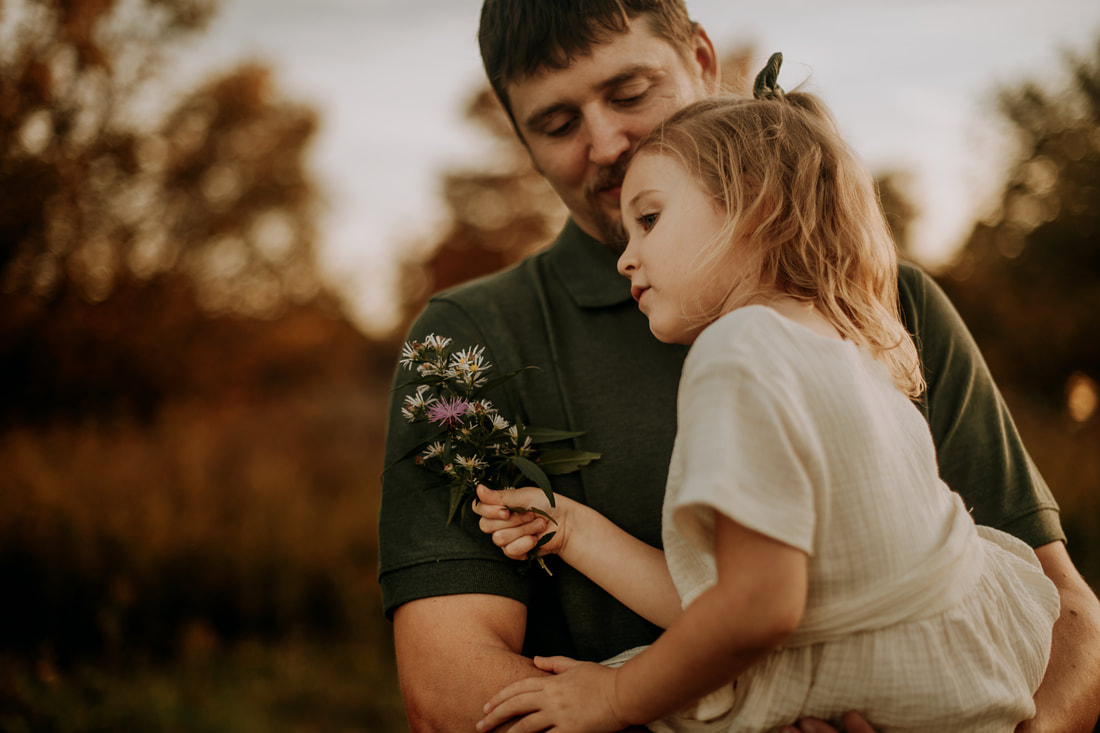
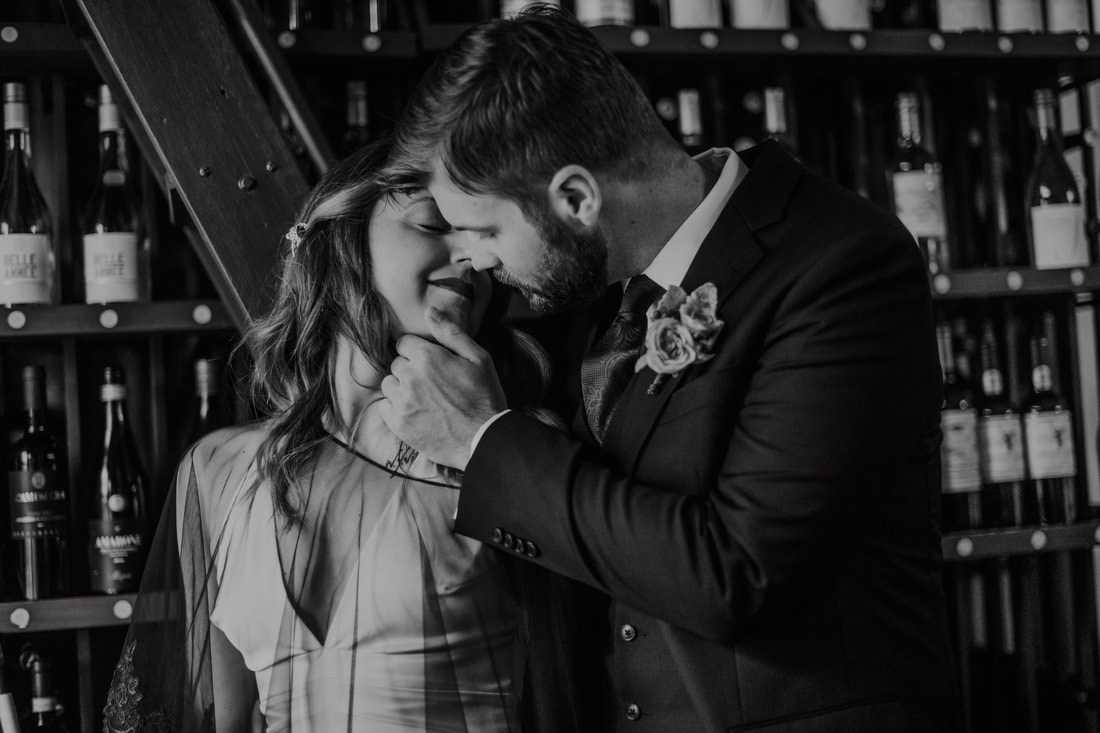
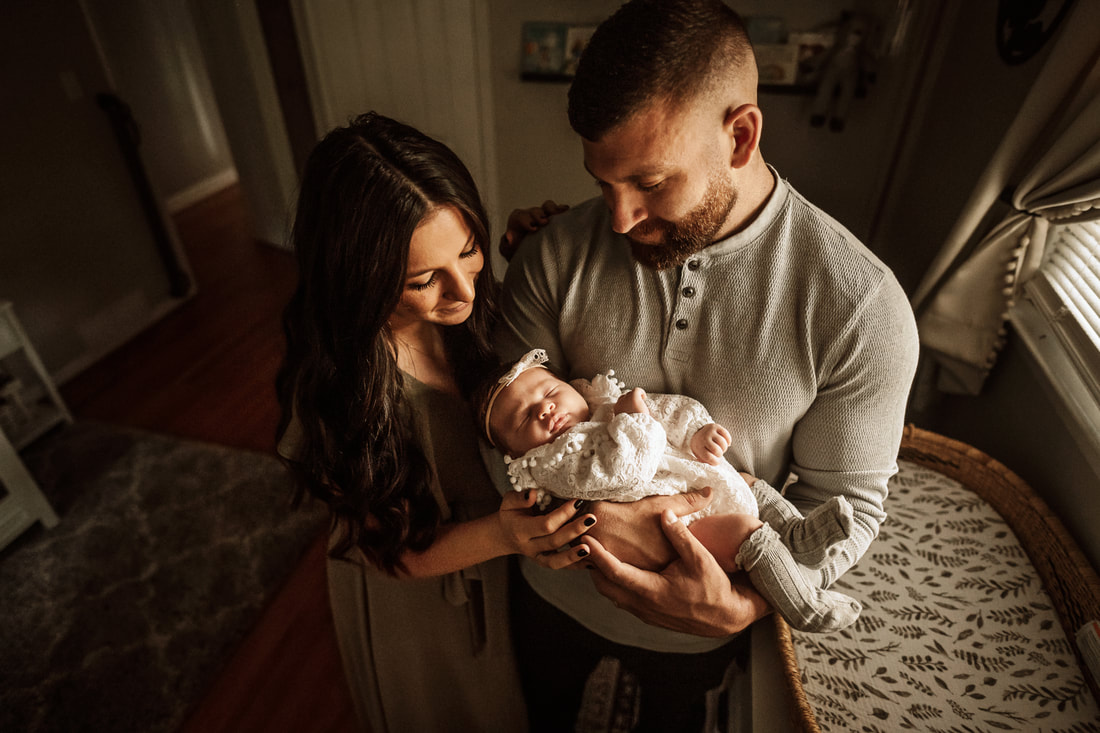
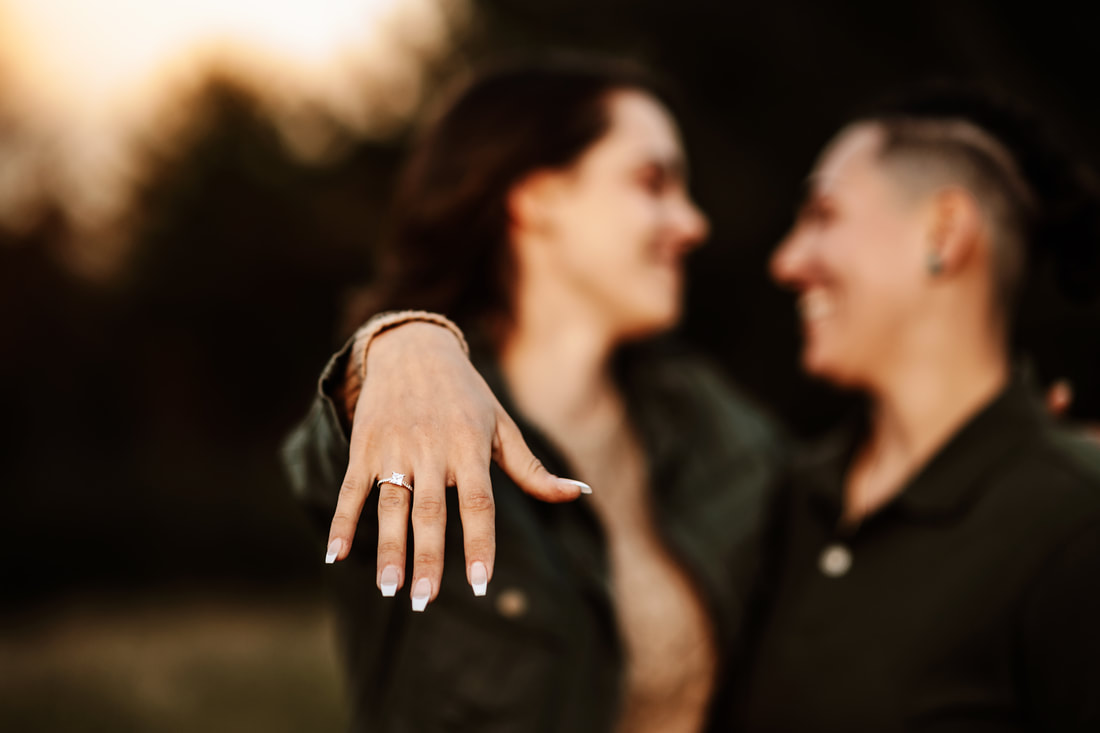
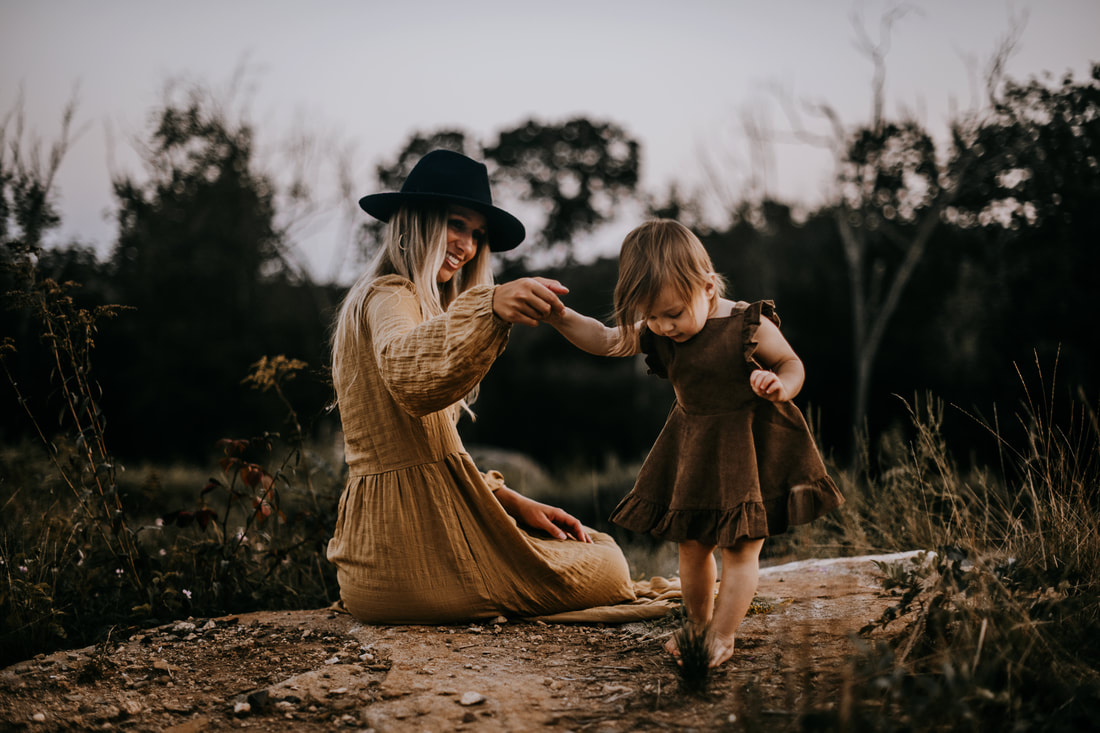
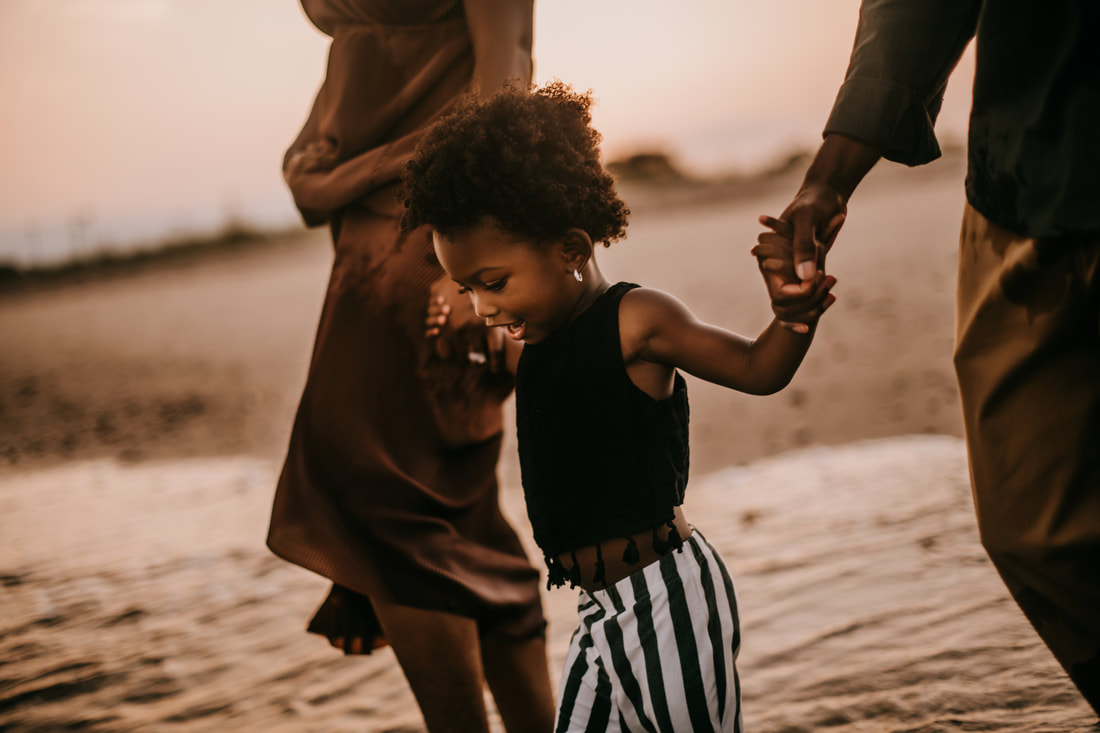
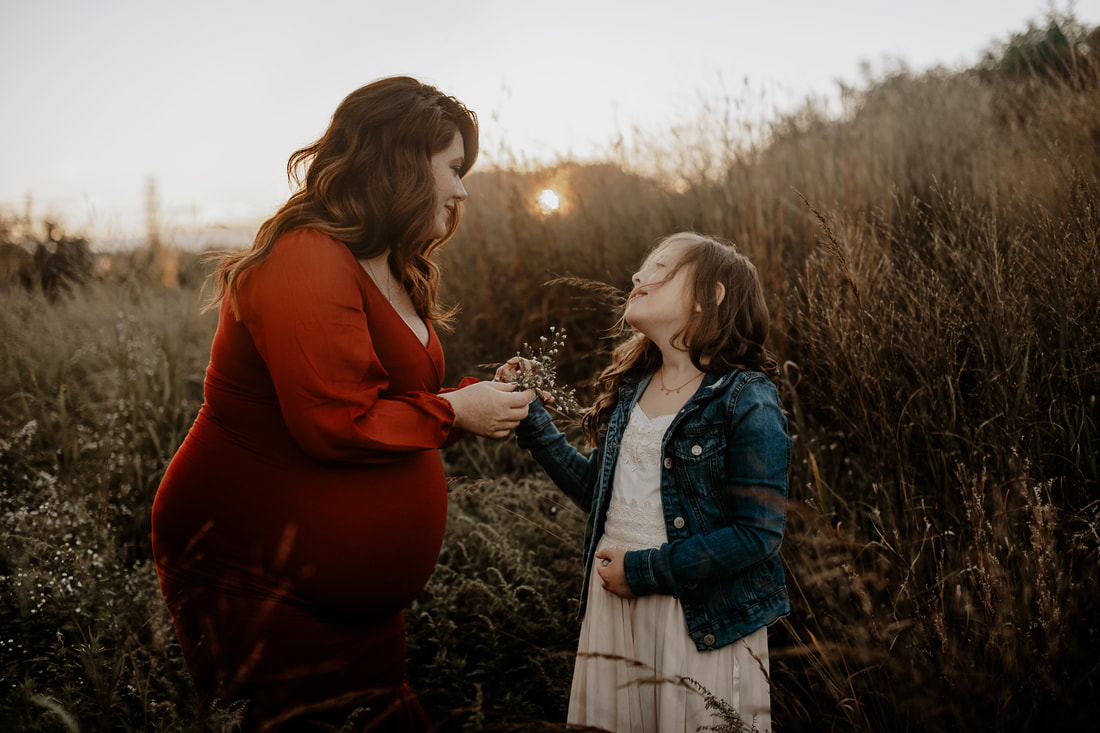
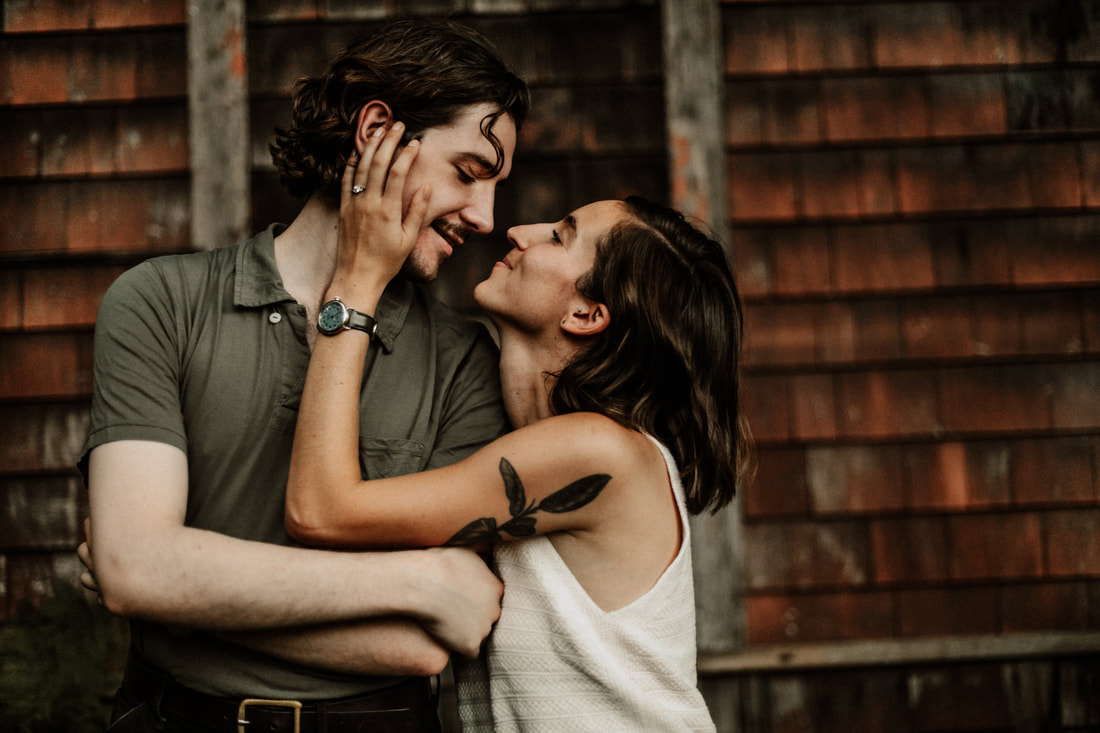
 RSS Feed
RSS Feed
